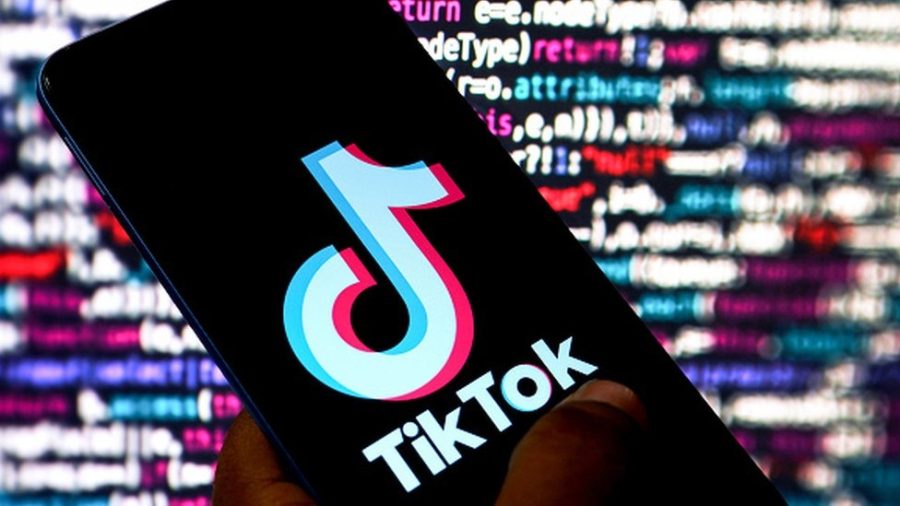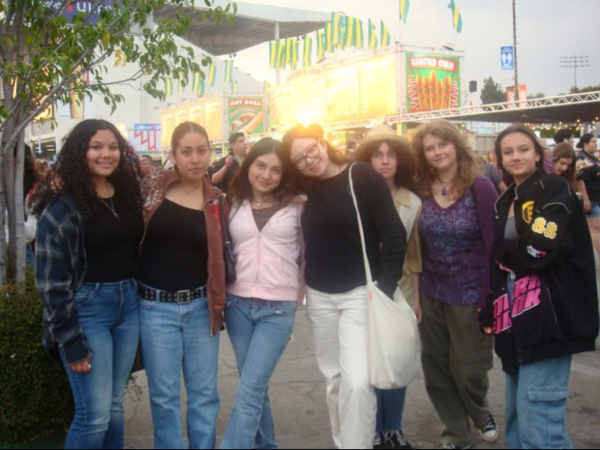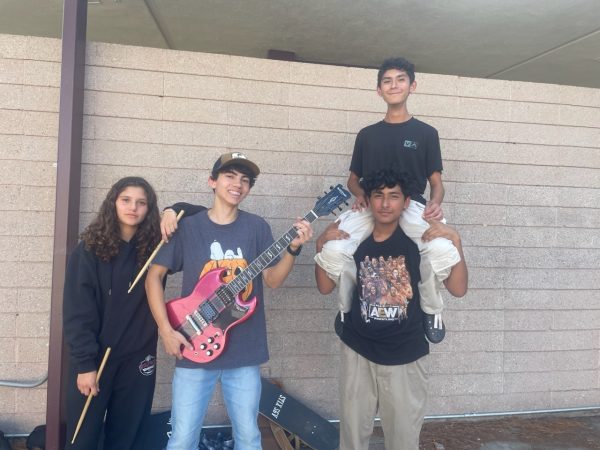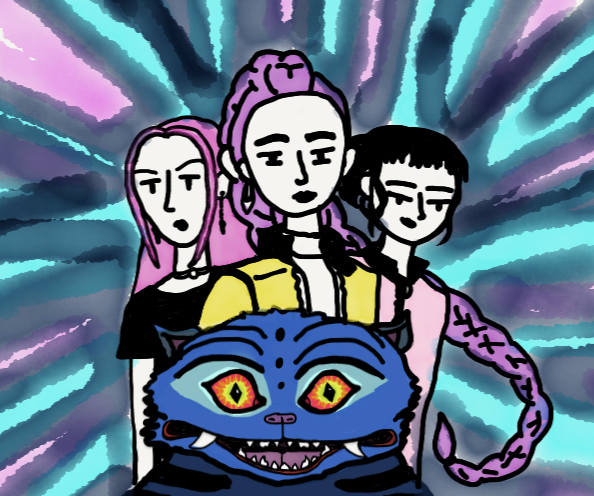Is TikTok seeing its end in the U.S.?
TikTok was launched in 2016 by the Chinese company Bytedance and ranked as the most downloaded app of 2021. With more than a billion active users worldwide, this entertainment platform serves as an outlet for self-expression through singing, dancing, trends, and comedy. Nevertheless, the global sensation has grown controversial in recent years for the app’s inappropriate content and ownership by China. The potential banning of TikTok has been taking momentum over the years and recent events have thrusted the United States Congress into taking action against the Chinese-owned app.
Earlier this year, the identification and shooting down of a Chinese surveillance balloon drifting over the U.S. renewed fears of foreign spy technologies. Tensions are higher than ever between the U.S. and China with China’s support of Russia, the ongoing territorial disputes in the South China Sea, and the spy balloon incident.
Since TikTok is owned and operated under Chinese law, officials have expressed concerns over the security of user information. An immense trove of data is collected by the app, which could be accessed by the Beijing-based company to sell or transmit to the ruling Chinese Communist Party. Despite the company’s denial of the allegations, national security concerns have been widespread and even resulted in the ban of TikTok in India, costing Bytedance one of its biggest markets.
Recently, the European Union, the U.S., and Canada have taken steps to restrict the massively popular app. In the United States, efforts to ban TikTok have been ongoing since 2020, and are only achieving success in Congress as of late.
In December of 2022, the U.S. government approved the banning of TikTok on government-issued devices. Colleges like the University of Texas at Austin, Auburn University, and Boise State University have also blocked TikTok from campus WiFi. Last month, the White House endorsed a bill that would give the president the authority to take action against foreign-based technology companies. TikTok was the clear target of this legislation.
CHS freshman Dorlhe Davila Mendoza is not a user of TikTok and speaks on her standpoint of the app and the potential ban.
“I noticed that [TikTok] becomes very addictive…and I don’t like the trends TikTok pushes,” Mendoza said. “[The potential ban] doesn’t really affect me…but I think it would be very beneficial for teenagers — like a dopamine detox.”
Potential spyware or not, TikTok has been an adverse influence on Americans, especially on the younger demographic. Manipulated media has become harder and harder to catch on sharing platforms because facts, satire, and misinformation merge into one. While many Gen Z and millennial users have found a community on TikTok, an overwhelming majority of young users have also been exposed to misleading and inappropriate content. Notorious TikTok trends have damaged minds, relationships, and even claimed lives, from school bathroom vandalism to choking challenges. CHS freshman Anais Talbot-Meza, who has had TikTok since the third grade (which was originally under the name of Musical.ly at the time), shares her opinions of the app and describes the toxicity she sees on the platform.
“The app? Very problematic…It’s a good app in itself, it’s just the people on [TikTok],” Talbot-Meza said. “Once this person posted about…recovering from an eating disorder and people in the comments were shaming them. There was this other instance where a person who was plus-sized was showing off an outfit and people were being very fat-phobic and horrible.”
“I wouldn’t like [TikTok] to be banned but it might be for the best,” Talbot-Meza said.
Despite recent action, the future of TikTok in the U.S. remains uncertain. Since there is no strong evidence on the security threats of TikTok, the banning of the app on American devices can be a violation of free speech. Despite the mixed reactions to recent restrictions, it is undeniable that TikTok has been a detrimental influence on many users. It is clear that the reign of TikTok is ticking to an end.
Hello there! Our goal is to provide relavent, engaging journalism for readers of all ages. Your donation will support the student journalists of the Wolfpacket at Claremont High School, and will allow us to purchase equipment, print our monthly issues, and enter in journalism competitions. We appreciate your consideration!

Enya Wang is (at long last) a senior at CHS and a Head News Editor on the Wolfpacket. She didn’t realize the chaos she signed up for as a freshman Reporter,...











